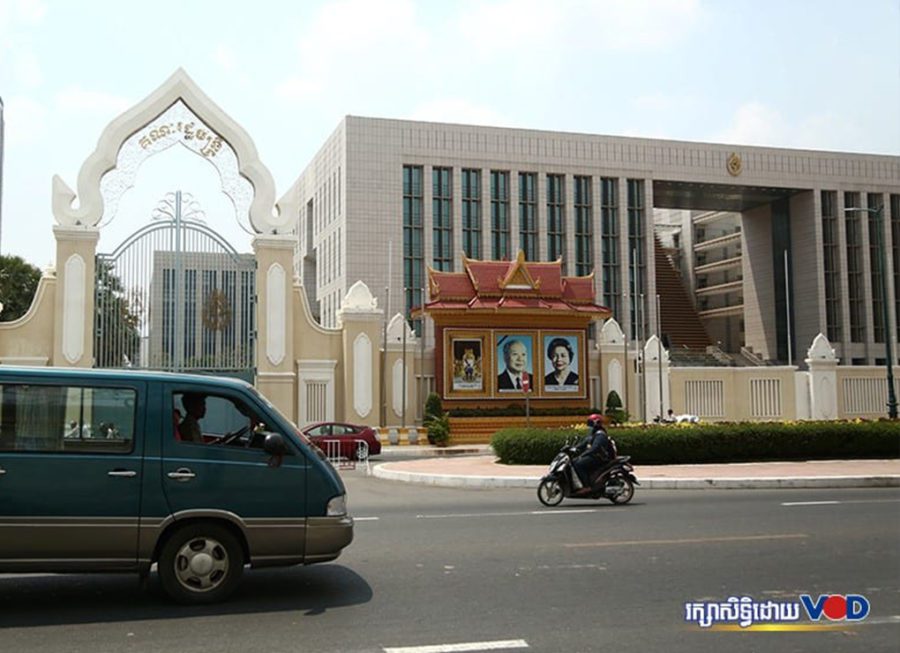NGOs will be scrutinized as part of the government’s newly announced anti-money laundering policy.
The National Strategy for Combating Money Laundering and Financing of Terrorism 2019-2023, disseminated by the National Bank of Cambodia on March 28, lists nonprofit organizations as being vulnerable to money laundering, alongside the precious metals, property and casino sectors.
The document says all nonprofit organizations will be assessed by the government between July and December.
San Chey, executive director of the Cambodia-based Affiliated Network for Social Accountability in East Asia and the Pacific, said his organization welcomed the policy but asked that the procedure be made transparent and that the assessments include civil society participation.
“This procedure was created as a tool because of dissatisfaction or prejudgment,” Chey said. “As I said, my organization has nothing to hide.”
Soeung Saroeun, executive director of the Cooperation Committee for Cambodia, urged the government to clearly explain the assessment process.
“It is very important to have representatives from civil society and related parties participate in a committee to inspect the implementation,” Saroeun said.
“It will help to make a proper judgment.”
Money laundering is punishable under the Criminal Code, with offending organizations liable to be dissolved, prohibited from carrying on activities, disqualified from public tenders, or face confiscation of property. A fine of 1 million to 500 million riels (about $250 to $125,000) is also possible.
The Interior Ministry says there are 3,149 registered NGOs and 2,179 other registered associations in the country. The high number of such groups has previously led to suspicions of corruption in parts of the sector.
Cambodia was in February reinstated to the inter-governmental Financial Action Task Force’s money-laundering watch list as having “strategic deficiencies” in preventing illegal money flows both into and out of the country, a listing that can create difficulties for Cambodians in accessing the international financial system.
NGOs in Cambodia have also faced increasing pressure from authorities, with the 2015 Law on Associations and Non-Governmental Organizations tightening state control of the sector. A crackdown over the past 18 months led to international organization Civicus marking civil society in Cambodia as “repressed.”
This article was translated from Khmer edition.













